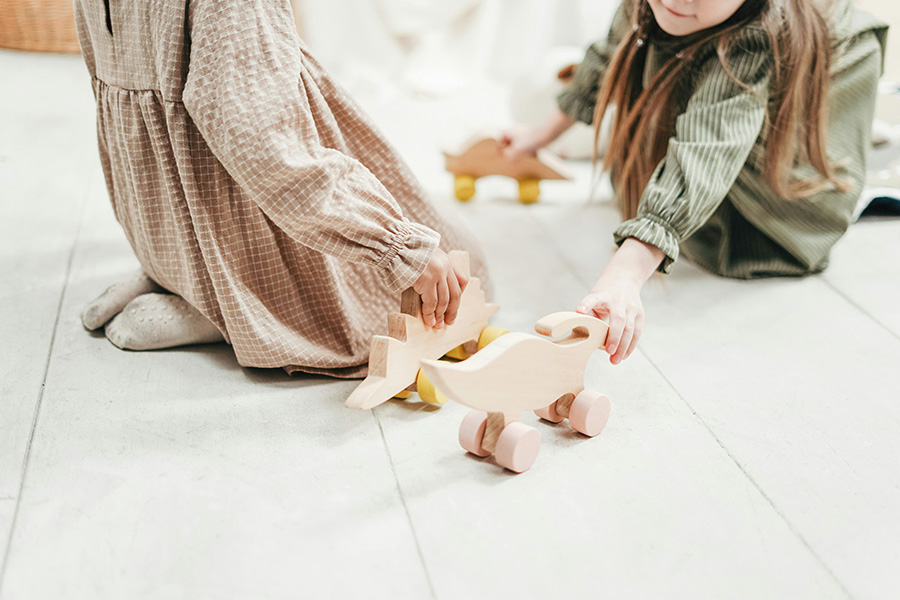Starting kindergarten is a big milestone. For children, it often marks the first time they spend part of their day away from home in a structured learning environment. For parents, it can be both exciting and emotional—watching their child take the first steps towards independence.
The transition can feel daunting, but with preparation and gentle support, children usually adapt quickly. Here are some practical tips to help new kindergarten students settle in and feel confident from the start.
1. Talk About What to Expect
Children feel more secure when they know what’s coming. In the weeks before starting, talk about what kindergarten is like: playing with friends, reading stories, doing creative activities, and spending time outdoors. Use positive language so they begin to associate the experience with fun and adventure rather than uncertainty.
2. Practise Independence Skills
Simple everyday tasks can help children feel more capable when they begin. Encourage them to:
- Put on their own shoes and coat.
- Open and close lunchboxes or snack containers.
- Wash their hands by themselves.
- Use the toilet independently.
These skills boost confidence and mean children can focus more on enjoying their day rather than worrying about practical challenges.
3. Visit and Familiarise
If possible, visit the school or walk past it before the first day. Point out the playground or the front door so it feels familiar. Some kindergartens offer settling-in sessions or “stay and play” opportunities—these short visits allow children to meet teachers and see the space in a relaxed way.
Parents in central London often consider supportive early years settings such as Knightsbridge Kindergarten, where the transition is handled gently with a focus on helping children feel safe and welcome.
4. Create a Calm Morning Routine
The first days can be stressful if mornings feel rushed. Establish a routine that allows enough time for breakfast, getting dressed, and talking about the day ahead. A calm, predictable start can ease nerves and set the tone for a positive experience.
5. Offer Comfort, But Keep Goodbyes Short
It’s natural for some children to feel upset at drop-off. Acknowledge their feelings, offer reassurance, and remind them that you’ll be back later. Prolonged goodbyes often make things harder. A consistent, warm but brief farewell builds trust and helps children adjust more quickly.
6. Talk About the Day Afterwards
At home, ask open-ended questions like:
- “What was your favourite thing you did today?”
- “Who did you play with?”
- “What made you smile?”
This encourages reflection, communication, and helps children connect their new experiences with familiar routines at home.
7. Be Patient with the Adjustment
Every child adapts differently. Some may run in with excitement on the first day, while others may need weeks of reassurance. Temporary clinginess, tiredness, or changes in behaviour are normal during transitions. With consistency, encouragement, and support from educators, children soon gain confidence.
Final Thoughts
Starting kindergarten is the beginning of an exciting journey. With preparation at home, gentle encouragement, and a supportive learning environment, children quickly find their feet.
The goal isn’t just to get through the first day—it’s to nurture a love of learning, independence, and resilience that will carry them through school and beyond.










Comments